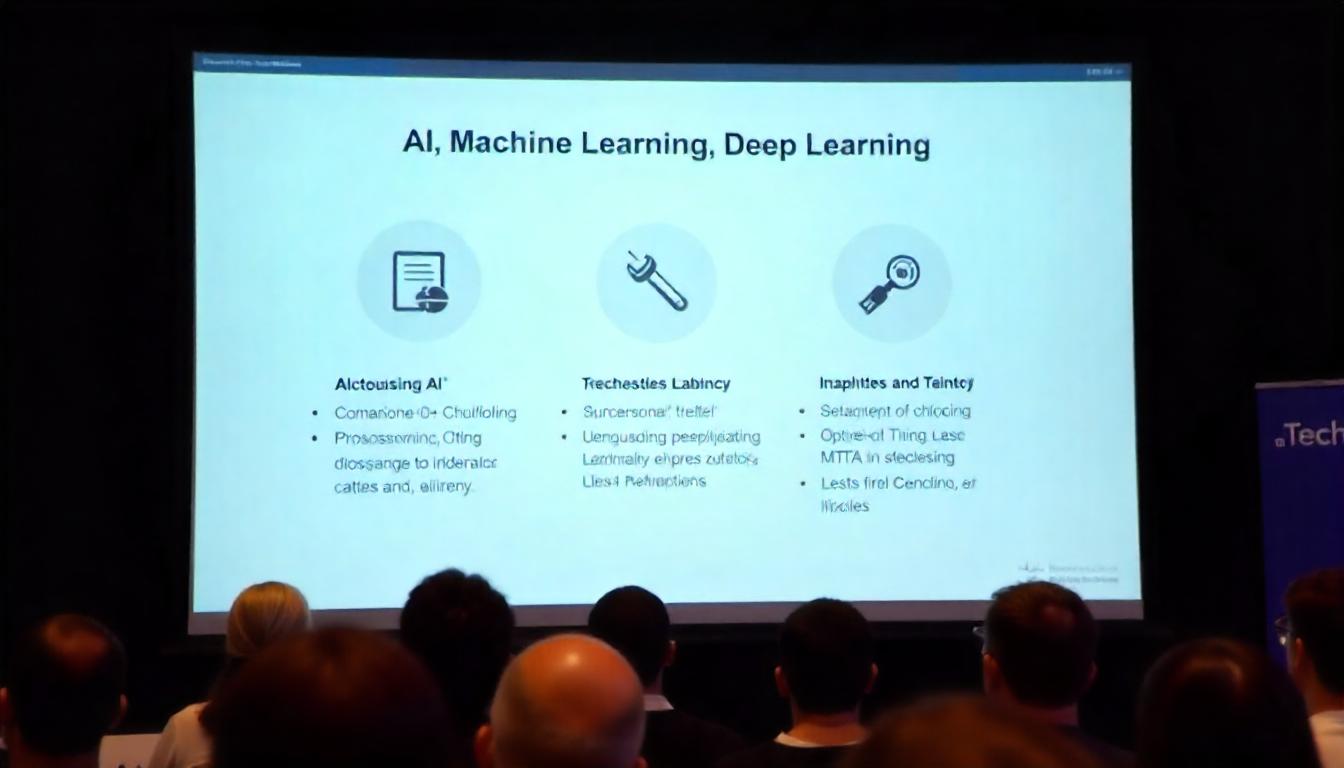How to Start an AI-Based Business: Your Ultimate Guide
Artificial Intelligence (AI) isn’t just a tech trend—it’s transforming entire industries and opening up new business opportunities every day. From chatbots and predictive analytics to image recognition and robotics, AI is powering smarter solutions across the board.
If you’re dreaming about starting an AI-driven business, you’re entering one of the most exciting fields out there. But where do you start? Here’s your step-by-step guide on how to launch your own AI-based venture.
1. Get to Know the AI Landscape
Before diving in, take time to understand the AI world. AI covers several areas, including:
- Machine Learning (ML): Teaching computers to learn from data.
- Natural Language Processing (NLP): Helping machines understand human language.
- Computer Vision: Allowing AI to analyze images and videos.
- Predictive Analytics: Using data to forecast outcomes.
- Robotics: Smart machines that interact with the physical world.
Explore industries like healthcare, finance, manufacturing, logistics, and retail to see where AI is already making waves—and where opportunities might lie.
2. Find a Real Problem to Solve
Great businesses solve real problems. Instead of focusing on the technology itself, look for pain points that AI can fix:
- Where are businesses losing time or money?
- What processes are slow, repetitive, or error-prone?
- Could AI deliver better predictions, insights, or decisions?
Ask yourself: How can AI make this faster, cheaper, or more accurate? Your business should bring clear, measurable value.
3. Validate Your Idea
Don’t assume your idea will succeed—test it first. Validation helps avoid costly mistakes.
- Talk to potential customers and industry experts.
- Collect feedback about the problem and your proposed solution.
- Check out competitors and spot gaps you could fill.
- Build a simple prototype or MVP (Minimum Viable Product) to show your idea in action.
Real-world validation is key to building something people truly want.
4. Build the Right Team
An AI business needs diverse talent, including:
- Data Scientists: To create and train AI models.
- Software Engineers: To develop your product or platform.
- Business Experts: To guide strategy and market fit.
- Sales & Marketing Teams: To connect with customers and promote your solution.
If you’re working solo, consider finding co-founders or team members with complementary skills.
5. Gather Quality Data
Data is the fuel that powers AI. To succeed, you’ll need:
- High-quality, relevant data.
- Clean, unbiased datasets.
- A solid understanding of privacy laws like GDPR or CCPA.
Consider where your data will come from—public datasets, partnerships, or collecting your own proprietary data. Without good data, even the best AI models won’t deliver results.
6. Use the Right Tools and Technology
Thanks to modern tools, you don’t have to reinvent the wheel. Popular choices include:
- TensorFlow and PyTorch: Popular frameworks for building machine learning models.
- Scikit-learn: Great for simpler ML projects.
- Cloud AI Services: AWS, Google Cloud, and Azure offer powerful tools and scalability.
- APIs from companies like OpenAI: Perfect for advanced natural language or image tasks.
Leveraging these tools saves time and resources.
7. Develop Your Product
Focus on creating an AI solution that:
- Solves your chosen problem effectively.
- Is simple and intuitive for users.
- Can scale as your business grows.
Keep refining your product based on real user feedback—it’s the fastest way to improve.
8. Plan Your Business Model
Consider how your AI business will earn revenue. Possible options include:
- Subscription-based services
- Licensing your technology to other businesses
- AI as a service (AIaaS)
- Consulting and custom solutions
Choose a model that fits your market and showcases the value your AI provides.
9. Stay Ethical and Legal
AI brings big responsibilities. Make sure to:
- Keep your AI models fair and unbiased.
- Be transparent about how your AI systems work.
- Protect user privacy and data security.
Prioritizing ethics and compliance helps build trust—and keeps you out of legal trouble.
10. Launch and Scale
When you’re ready:
- Release your MVP to early users.
- Gather feedback and make improvements.
- Develop marketing strategies to attract customers.
- Consider seeking investment if you need funding to grow.
Growing an AI business is an ongoing journey. Stay agile, keep learning, and always focus on solving real problems.
Final Thoughts
Starting an AI-based business is a thrilling venture that blends technology, creativity, and problem-solving. The key is to focus on real-world value, build a strong team, and keep ethics at the forefront. With dedication and smart planning, you can make a genuine impact in the world of AI.
Share this content:




